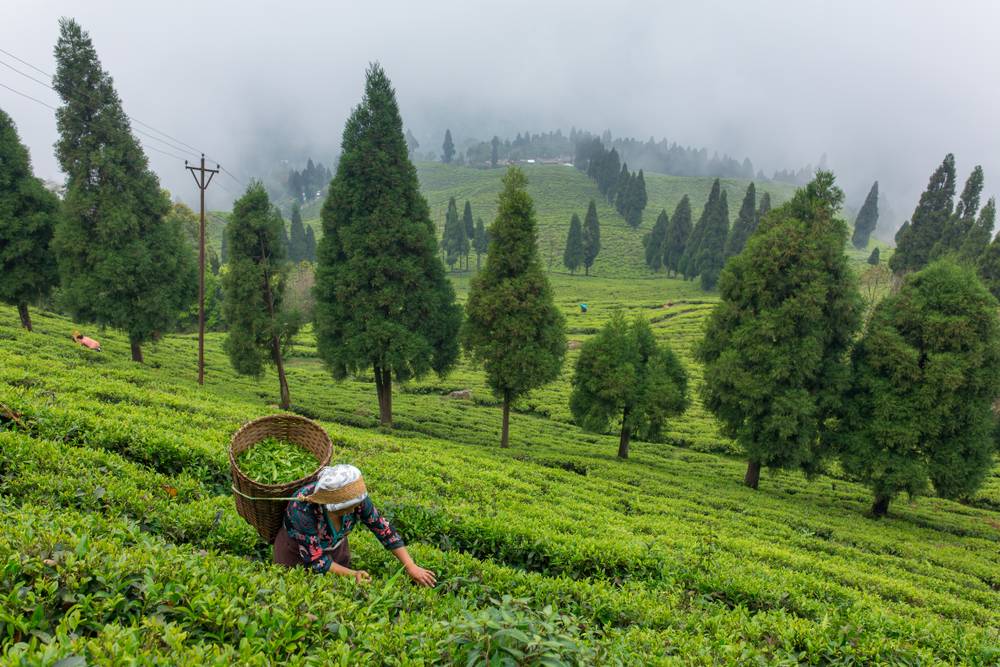‘Which party forms the government in Assam, depends on how the sacred voices of people get their act together’.
Inside a three-room flat in his apartment in a colony in Vasant Kunj in country’s national capital, Manash Gogoi is ill-prepared to root into the hard soil that he had left in his backyard, located in Dibrugarh district.
But Gogoi, bounding ahead in khaki pants with his curly grey and black hair in his room, appears to understand that neither trash nor oppressive humidity nor ecological changes can dampen enthusiasm of the soil to produce best quality of tea, bhoot jolokia (a chili pepper cultivated in Assam and other parts of North East India), betel nut, fish in his state.
Time flies but simultaneously brings several changes in weather, climate, bio-diversity and strong technological innovations in society. But changes not burning with irritation are always welcome and are blissfully accepted by every section of our society. Here, he was unable to understand why the government got elated and public became upset over several of the decisions taken in the recent past. The decisions that made peace loving and law-abiding people to hit the streets, launch online campaigns and hit hunger protest.
Manash is unable to gather proper reasoning why he is being unhappy or upset about several things happening in society somewhere at this juncture.
Sitting in his air conditioning apartment where dust and sound are not entertained, he feels Akhom belonging somewhere. He begin to look at these things: culture difference, livelihood difference or anything else. There was little doubt in anyone’s mind, unlike probably today, that culture and livelihood variance have different sets of rules than what individuals are used to. Now the matter of concern, however, was the state of the opposition by the people of Assam in last few years. It is a different matter that without a viable and effective protest against the government, the country’s democratic set up would largely be a sham. Without it there would not be effective oversight to keep a check on the elected public representatives. This would not have mattered if the consequences were gentle. In the context, one of the reasons is related to the internal squabbles within the power corridors and its inability to order its priorities. It is unfortunate that just like the de facto inflation targeting in India, food and shelter of several have gone, several forest reserves suffer and several species of birds, animals and plants find themselves dangerously exposed. This may well have been the case.
With the stage set for the elections, he connects with the culturescape of Assam—often been termed as ‘Sankardev-Azaan Ore Dexh’—the land of Sankardev and Azaan Fakir, the two prominent religious and cultural saints of medieval Assam who are highly regarded across the state.
Which party forms the government on the terrain of Assam, depends on how the sacred voice of people get their act together.
Anoop Dutta is a senior journalist.

